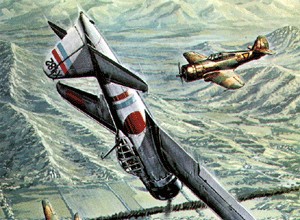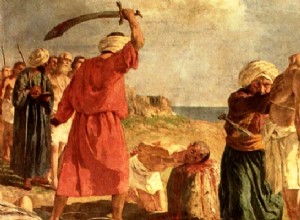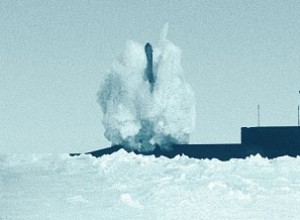Victory ? Biography Junichi Sasai won the title of Richthofen from Rabaul despite not took part in the fighting for only a short time. He left the memory, still alive today, of a great leader of the hunt. Born on February 13, 1918 in Tokyo, the son of a Navy captain, the young Junichi had always




